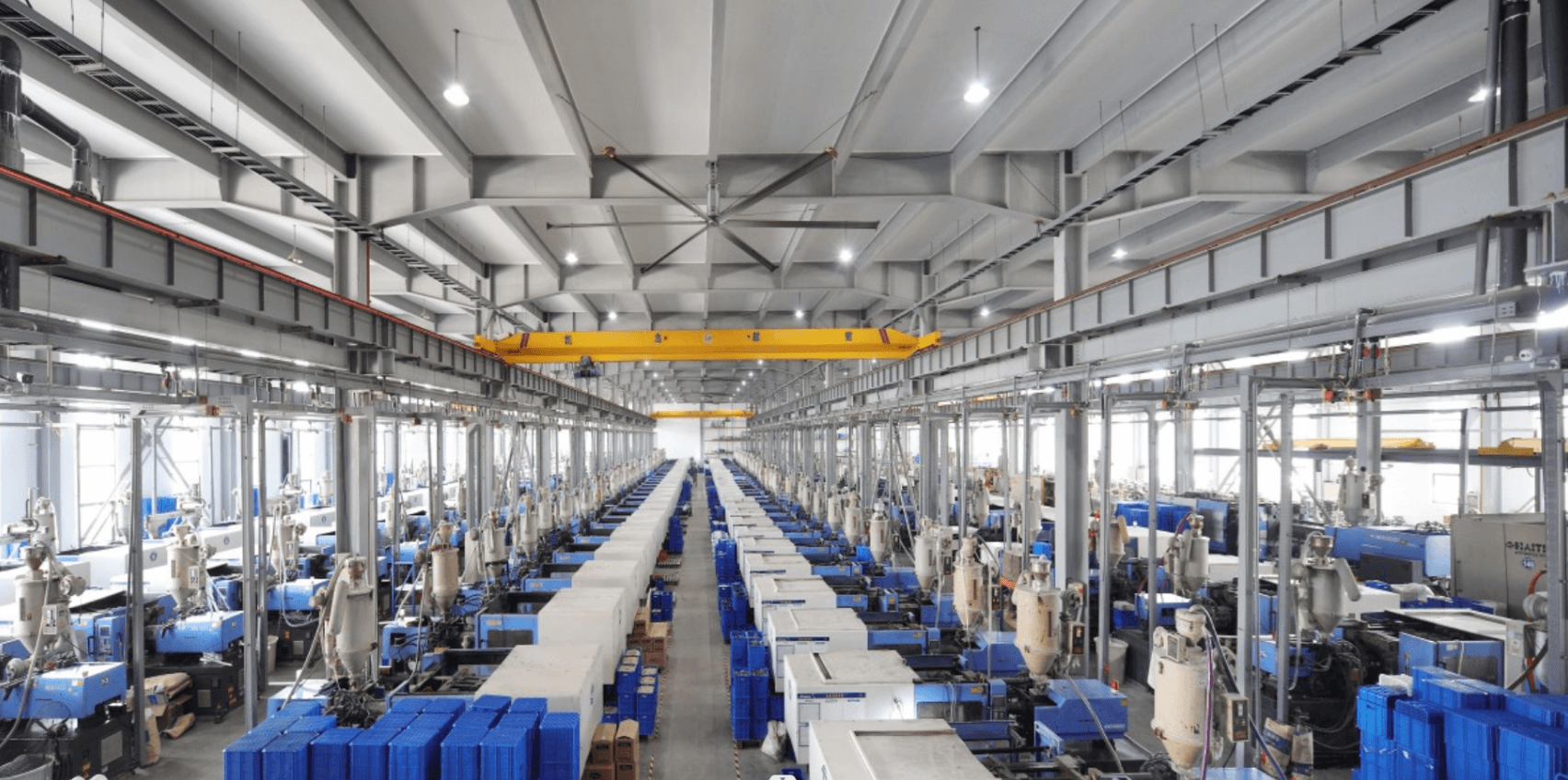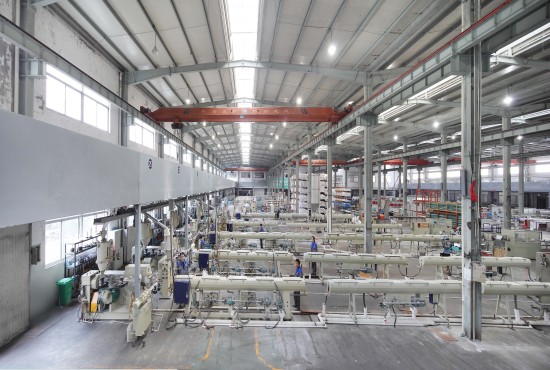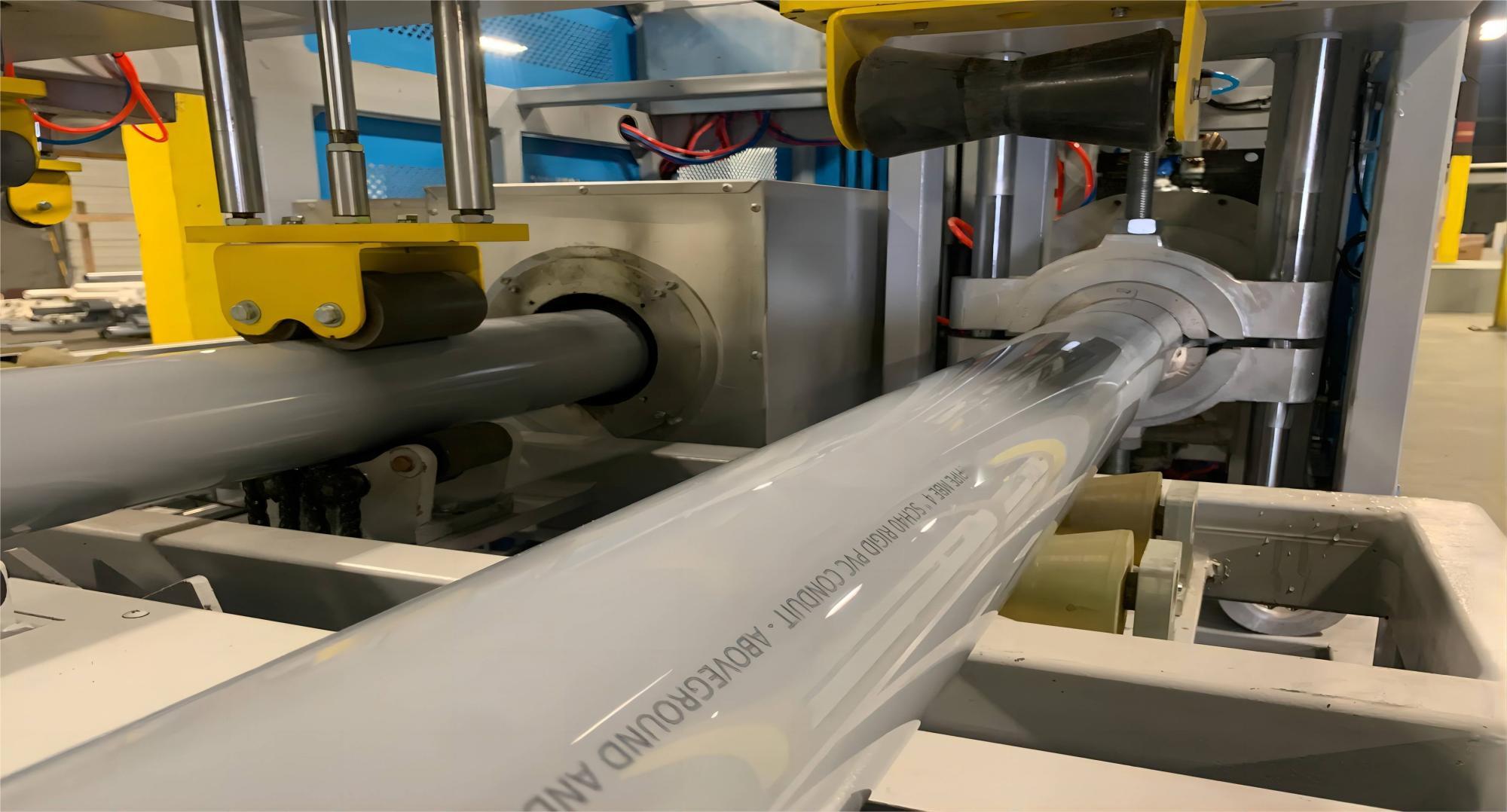When it comes to maintaining a healthy home, we often overlook the role that plumbing plays in our overall well-being. However, plumbing issues can pose serious health risks if not addressed promptly. In this blog post, we will explore some common health risks caused by plumbing problems and provide tips on how to prevent them.

1. Mold and Mildew
One of the most common health risks associated with plumbing issues is the growth of mold and mildew. Leaky pipes, water seepage, and high humidity levels can create the perfect environment for mold and mildew to thrive. Exposure to mold can cause respiratory problems, allergies, and even infections.
To prevent mold and mildew growth, it’s important to fix any leaks or water damage as soon as possible. Keep your home well-ventilated and use dehumidifiers in areas prone to moisture. Regularly clean and inspect areas like bathrooms, basements, and crawl spaces for signs of mold or mildew.
2. Contaminated Water
Another significant health risk associated with plumbing is contaminated water. Old or corroded pipes can introduce harmful substances like lead, bacteria, and chemicals into your drinking water. This can lead to various health issues, including gastrointestinal problems, skin irritations, and long-term health effects.
To prevent contaminated water, it’s essential to have your water tested regularly. Consider installing a water filtration system to remove impurities. If you have older pipes, consider replacing them to reduce the risk of contamination.

3. Sewage Backups
A sewage backup is not only unpleasant but also poses serious health risks. When sewage overflows into your home, it can expose you to harmful bacteria, viruses, and parasites. This can result in gastrointestinal infections, respiratory issues, and skin infections.
To prevent sewage backups, avoid flushing anything other than toilet paper down the toilet. Dispose of grease, oils, and food scraps properly to prevent clogs. Regularly maintain your sewer lines and septic tank to ensure proper functioning.
4. Gas Leaks
Gas leaks are a severe health risk that can be caused by plumbing issues. Leaky gas pipes or faulty gas appliances can lead to the release of harmful gases like carbon monoxide. Exposure to carbon monoxide can cause headaches, dizziness, nausea, and even death.
To prevent gas leaks, it’s crucial to have your gas lines and appliances regularly inspected by a professional. Install carbon monoxide detectors in your home to detect any leaks early.

5. Waterborne Diseases
Plumbing issues can also contribute to the spread of waterborne diseases. Stagnant water, contaminated water sources, and poor sanitation can lead to the growth of bacteria, viruses, and parasites. This can result in diseases like Legionnaires’ disease, cholera, and giardiasis.
To prevent waterborne diseases, ensure proper sanitation practices in your home. Regularly clean and disinfect water storage tanks, pipes, and faucets. Avoid drinking or using untreated water from questionable sources.
By being aware of these potential health risks and taking preventive measures, you can ensure a healthy living environment for you and your family. Remember to address plumbing issues promptly and seek professional help when needed. Your health should always be a top priority!


Leave A Comment